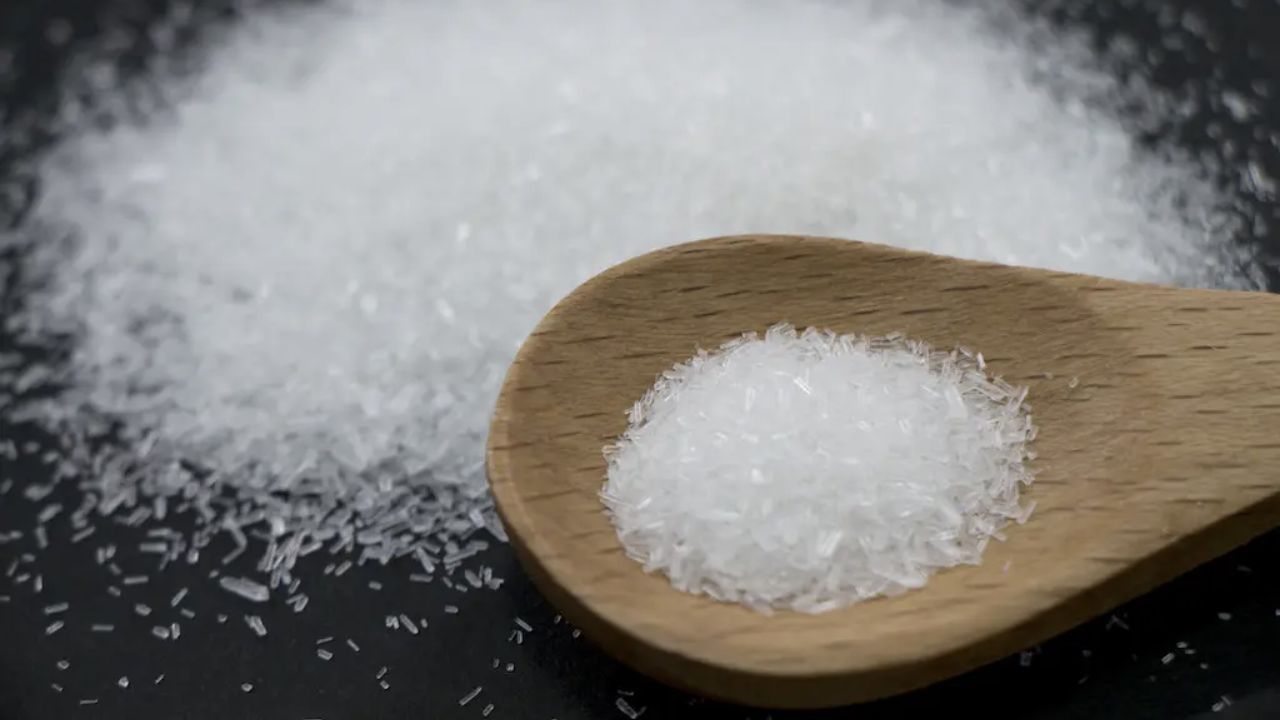Ajinomoto, a crucial component, particularly in Chinese food, is leading to several health issues like hypertension, cardiac problems and a faster rate of ageing, a new study conducted by scientists at the biochemistry department of Allahabad University (AU) has found.
Ajinomoto is the brand name for a salt that scientists refer to as monosodium glutamate (MSG). MSG is primarily used in Chinese dishes like Chowmein and Manchurian, which leaves a long-lasting taste (umami) that characterizes these food items, IANS reported.
Along with the tastes of sweet, sour, bitter, and salt, umami is the essential fifth taste.
Researchers at the AU’s department of biochemistry, led by Professor S.I. Rizvi, have claimed that MSG, even at low doses, could be detrimental to health.
The research has been published in the reputed Indian Journal of Clinical Biochemistry.
MSG may induce oxidative stress, inflammation, and other health problems even at doses that are below the permitted limits, according to AU study on the substance’s toxicity. In addition, umami can lead to MSG addiction in kids.
Prof Rizvi said, “All these adverse effects may predispose an individual to diseases such as hypertension, heart problems and a faster rate of ageing.”
Since the consumption of foods high in MSG has grown significantly in recent years, the study assumes significance. This substance is present in significant concentrations in all fast foods, including packaged momos, chips, and other items.
MSG increases the production of certain chemicals in the body, which may be highly harmful. Patients with COVID-19 frequently have the same kind of shift, he continued.
“The experimental study carried out on rats given a fixed dose of MSG revealed that after three weeks of continuous intake of this salt, some alterations were also seen in the brain region,” said Prof Rizvi.
The effects of MSG at two different concentrations—30 mg and 100 mg per kg of body weight—were studied by the researchers.
Despite the fact that the 30 mg dose had no effects, there were a number of negative effects at the 100 mg dose that might be harmful to health.
“This study is an eyeopener as growing children may especially be vulnerable to toxic effects of MSG,” said Prof Rizvi, adding that children and growing foetuses have a leaky blood-brain barrier and could be affected by toxic effects of MSG.
(IANS inputs)












































